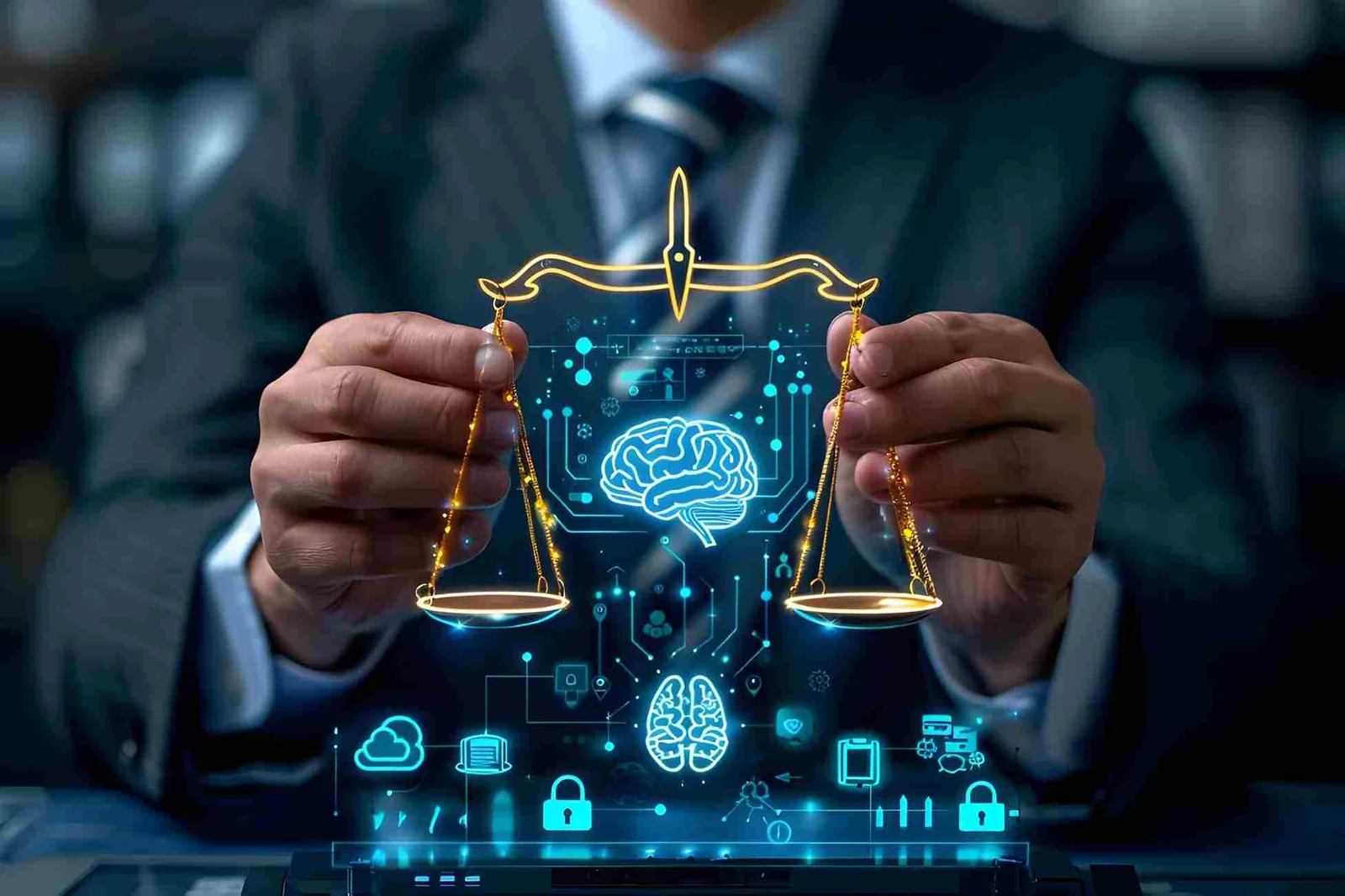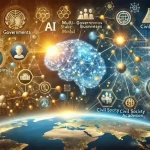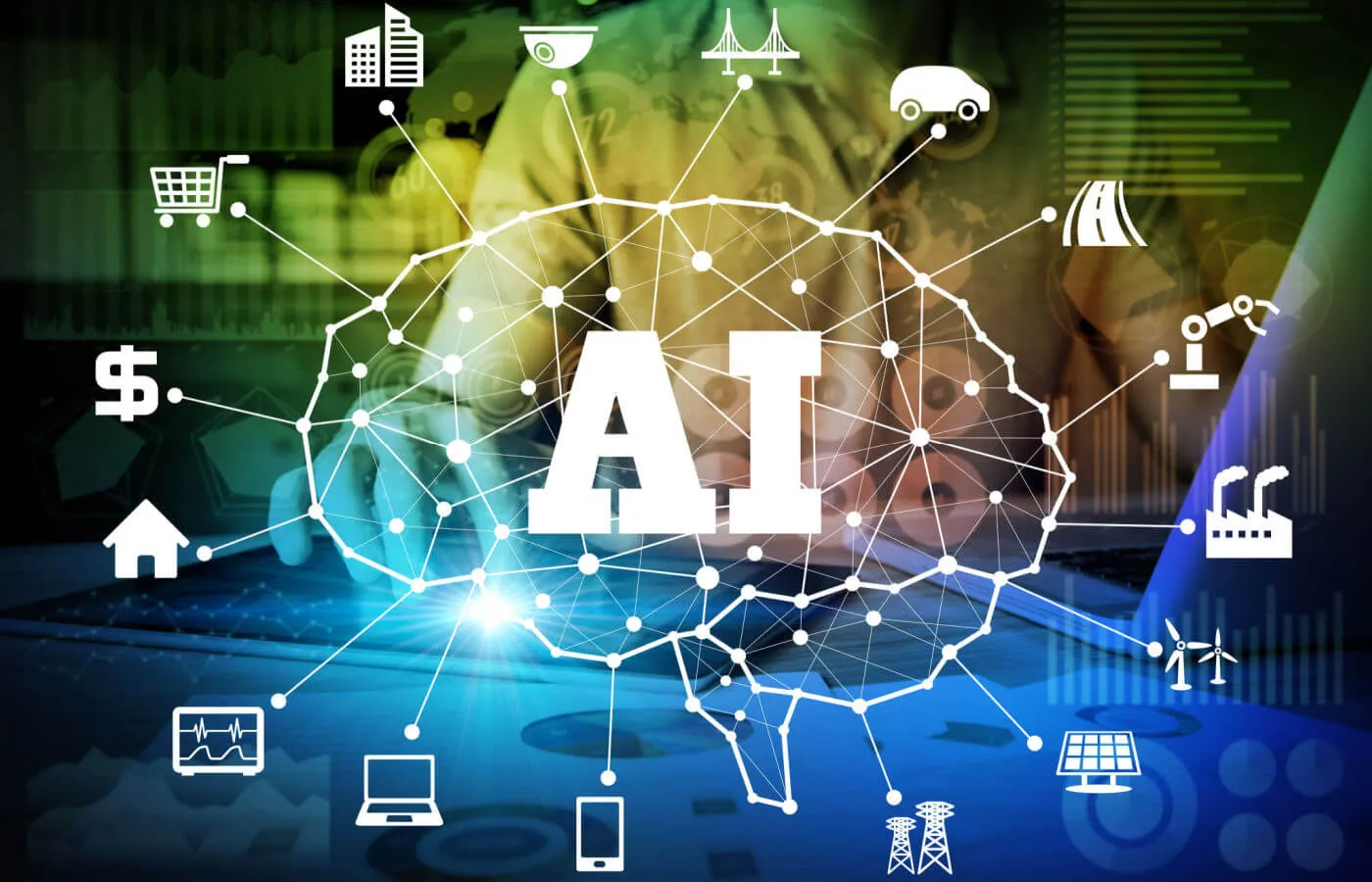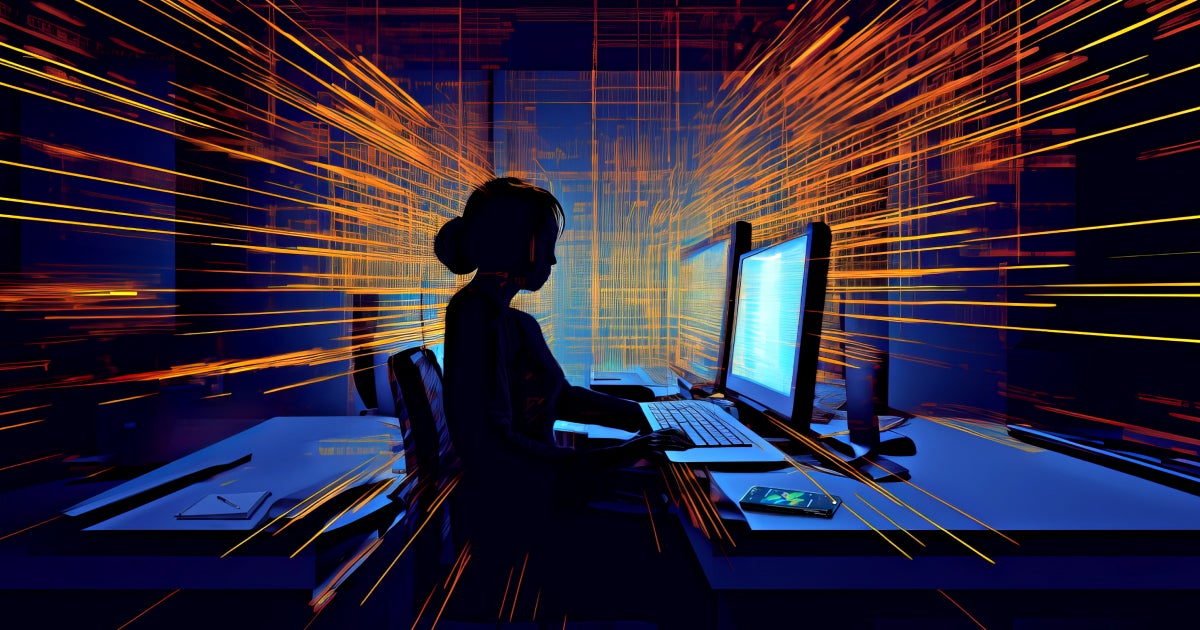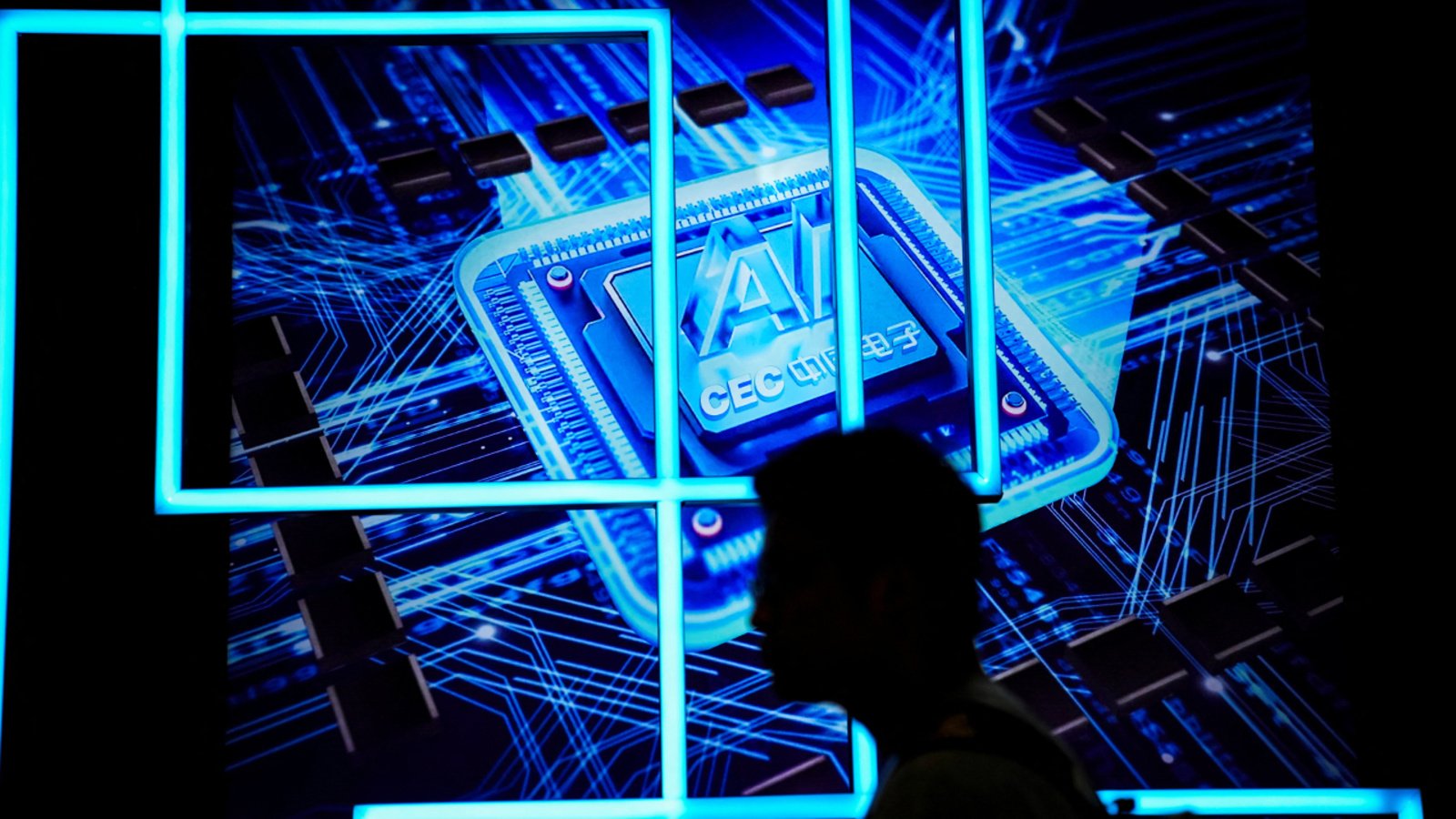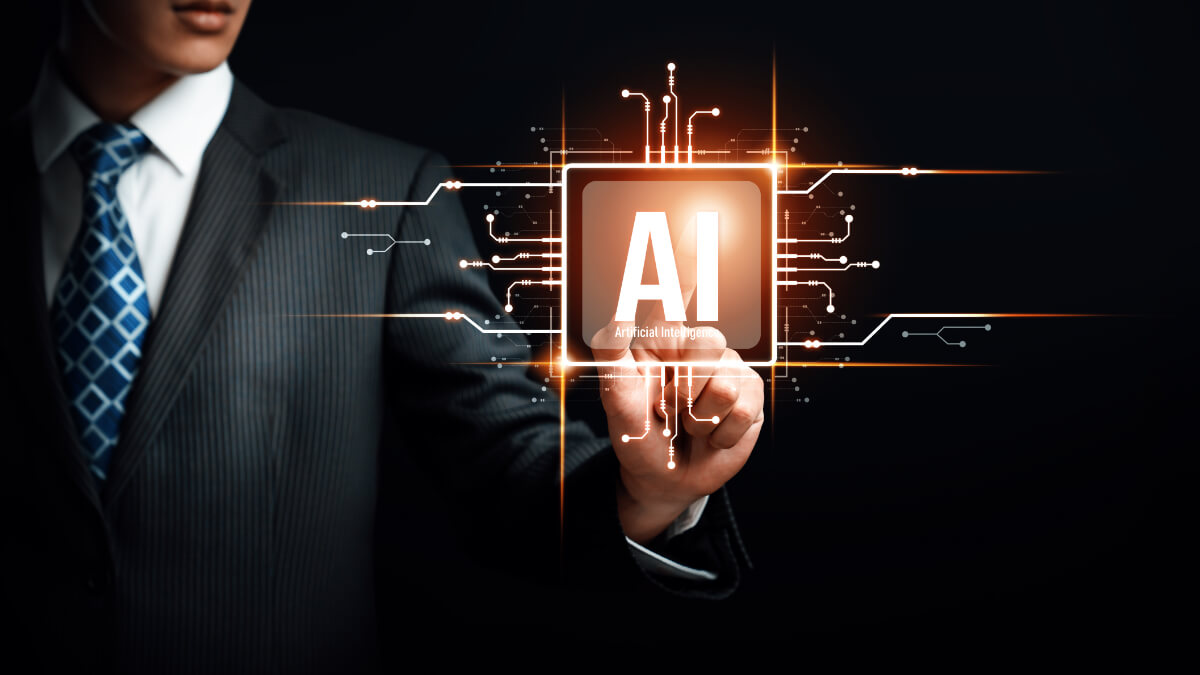Introduction
Artificial intelligence is no longer just a technological advancement; it has become a tool of global diplomacy. Nations are using AI to predict conflicts, manage economies, and enhance international cooperation. At the same time, celebrities and influencers are playing an unexpected role in shaping conversations about ethics, sustainability, and digital rights. This convergence of politics, technology, and culture is redefining how influence operates on a worldwide scale.
The lines between soft power and digital power are blurring. Governments now compete not only through military or economic strength but also through their control of data, innovation, and global narratives. The rise of AI diplomacy represents a transformation in how nations engage with one another and how societies understand the concept of leadership in a digital age.
AI as the New Diplomatic Currency
Artificial intelligence has emerged as a central element of modern diplomacy. Governments are investing heavily in AI-driven systems that can analyze international trends, monitor global trade, and predict political instability. This technological intelligence gives countries an edge in shaping policies and responding to crises before they escalate.
The use of AI in diplomacy extends to communication and negotiation. Automated systems translate languages, assess public sentiment, and manage complex international dialogues. Yet, this reliance on algorithms introduces risks of misinterpretation and bias. Diplomacy, once a human art of persuasion and empathy, must now adapt to the logic of machines while preserving trust and understanding.
Celebrities as Digital Ambassadors
In today’s interconnected world, celebrities act as informal ambassadors, raising awareness on issues that once belonged solely to the realm of politics. Through their platforms, they engage millions on topics such as climate action, AI ethics, and social justice. Their global reach allows them to influence audiences across borders more effectively than traditional state actors.
This celebrity diplomacy has both power and peril. While it democratizes global discourse by amplifying marginalized voices, it can also oversimplify complex issues. The challenge lies in balancing emotional appeal with factual responsibility, ensuring that influence is used to educate rather than merely entertain.
AI in Crisis Management and Global Security
AI plays a vital role in identifying and responding to global threats, from pandemics to climate disasters. Predictive modeling and real-time data analytics help governments coordinate humanitarian responses and manage resources efficiently. The United Nations and other international bodies now integrate AI into early-warning systems to prevent crises before they escalate.
However, the use of AI in security also raises concerns about surveillance and control. Nations that dominate AI technology gain significant geopolitical power, prompting fears of a digital divide that could reinforce inequality. The ethical use of AI in defense and security remains one of the most pressing challenges of modern diplomacy.
The Intersection of Technology and Ethics
As AI influences global governance, ethical considerations become increasingly urgent. The creation of algorithms capable of shaping public opinion or automating decision-making raises questions about responsibility and fairness. Nations must agree on international standards that ensure AI is used transparently and equitably.
Celebrities and activists are amplifying these concerns by advocating for ethical frameworks and digital human rights. Their involvement has brought public pressure to bear on governments and corporations to disclose how AI systems are built and deployed. The push for ethical technology represents a growing alliance between cultural and political influence.
The Role of AI in Global Economic Policy
Artificial intelligence is transforming the global economy, influencing trade agreements, supply chains, and financial regulation. Governments use AI tools to model economic outcomes and forecast market behavior. This data-driven approach allows for more informed decision-making but also concentrates power in the hands of those who control technological infrastructure.
Celebrities and tech entrepreneurs have begun shaping economic conversations as well. Through social media and digital entrepreneurship, they advocate for sustainable development and equitable innovation. The blending of economic and social influence marks a new era of collaboration where culture drives commerce and policy simultaneously.
The Cultural Dimension of Digital Diplomacy
Culture remains the most enduring form of diplomacy, and AI has expanded its reach. Music, film, and digital art now travel faster than any official policy, shaping perceptions of nations and values. Celebrities and content creators become cultural envoys, influencing global attitudes toward technology, freedom, and cooperation.
AI curates and personalizes this cultural exchange, but it also risks creating echo chambers. By controlling what content people see, algorithms can unintentionally limit cross-cultural understanding. Maintaining diversity in the digital space is essential for preserving the richness of global dialogue and fostering genuine collaboration among nations.
FAQs
What is AI diplomacy?
AI diplomacy refers to the use of artificial intelligence in shaping international relations, from policy forecasting to cross-border communication.
How are celebrities influencing global politics?
Celebrities use their platforms to draw attention to global issues, shaping public opinion and pressuring governments to act.
Why is ethical AI important in diplomacy?
Ethical AI ensures fairness, transparency, and accountability in international decision-making, preventing misuse of technology for manipulation.
Can AI improve crisis management?
Yes, AI’s predictive capabilities help governments and organizations detect and address crises earlier, improving coordination and efficiency.
How does technology impact global culture?
Technology accelerates cultural exchange but also filters information, shaping perceptions and influencing how societies view one another.
Conclusion
Artificial intelligence is transforming the landscape of global politics, merging technology with diplomacy, celebrity activism, and cultural influence. The balance of power now depends on digital literacy, ethical governance, and the ability to use AI as a tool for collaboration rather than control.
The coming decades will define whether AI becomes a bridge or a barrier in international relations. If nations, influencers, and institutions work together to ensure transparency and fairness, the age of AI diplomacy could lead to a more connected, equitable, and peaceful world.

